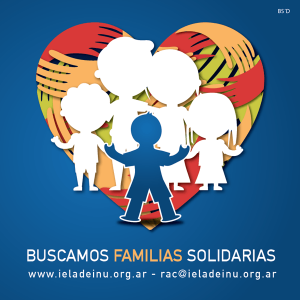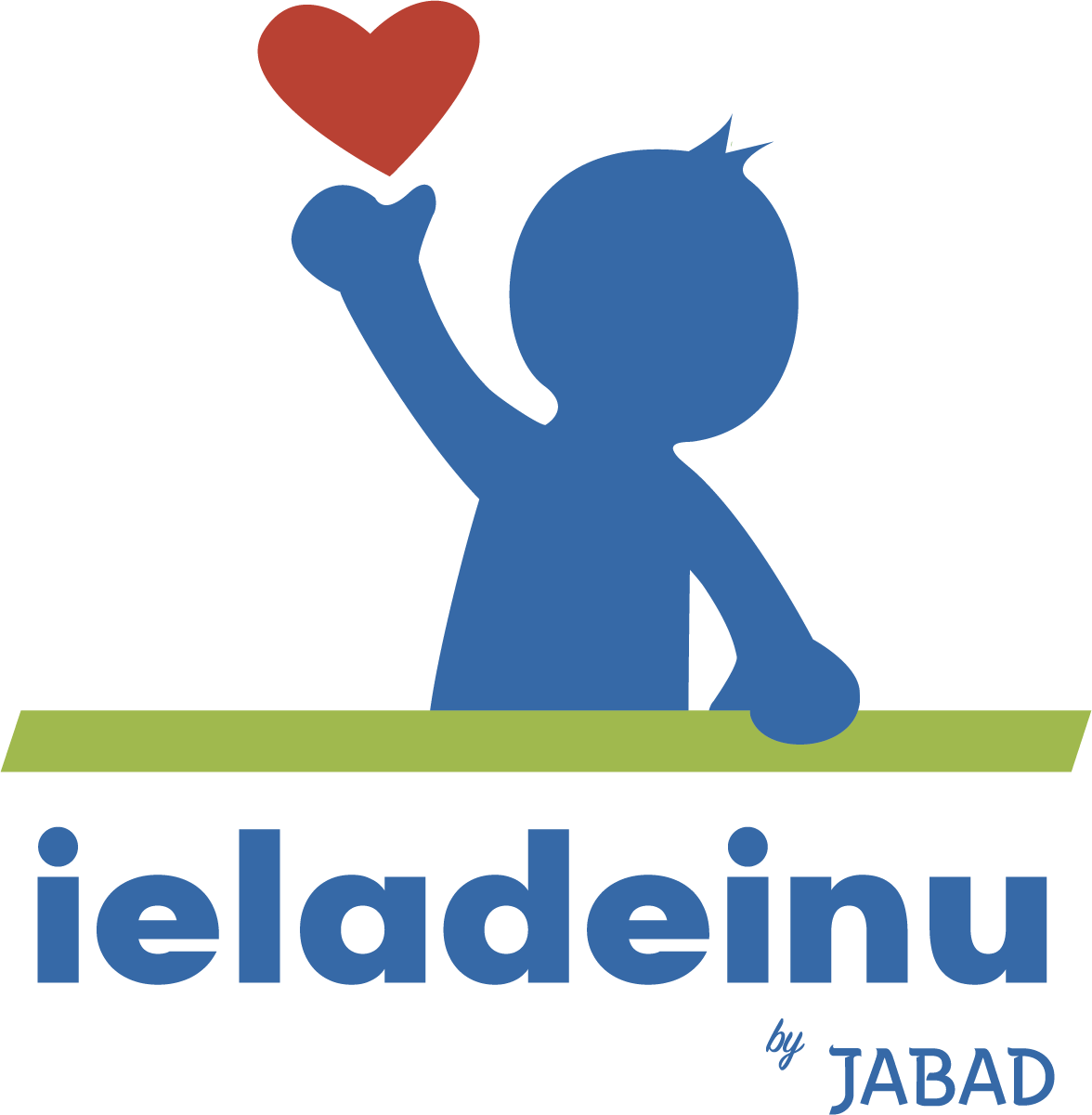
The alternative family care is the practice of taking a child or teenager to live as a permanent member of another family that is not their own.
The main objective is to provide a family group for children and teenagers who are temporarily deprived of familiar coexistence, where a respectful bond of their developmental necessities is built, maturity and subjective construction, respectful of their family of origin and where learning about values that make for their cultural, historical and spiritual identity is encouraged. The Alternative Family Care is an option to add affection to the lives of children through new people that offer them care and love, giving them a place in their own lives and promoting their social and community integration.
In this way, children reinforce their identity and self confidence, experiencing a new bond of care and respect. The alternative family care provides them with the possibility to obtain a family and community network that generally takes years to build.

Selection of families
The call for applicant families to become an alternative family is done through various centers of Argentina’s Jewish community.
A process of evaluation and training of the families to work on the challenge of the care of a child is done.
This process consists of psychological exams, socio-environmental tests, the request for criminal records and the accreditation of non-inclusion in the Register of Unpaid Child Support Debtors.
For families who passed the psych diagnostic, a selection training course is provided.
After the families pass the psychological exam, socio environmental test and the training process, a profile of the applicant family is build.
The resulting list of “suitable” families is crossed with the list of children without parental care that administrative and/or judicial Organisms authorized for inclusion in alternative family care.
After evaluating what could be a possible family for each child, taking into account the uniqueness of each one, begins the planning of a ”meeting”. The presentation varies according to age and characteristics of the family and children. We suggest that the bonding starts without pressures, and grows naturally, and coexistence arrives by request of the children. While both sides are introduced, it will depend on them whether or not the relationship grows. Certainly it is not something you can force. The task is to favor, mediate and facilitate this encounter.
If the child expresses the desire to continue the meetings and the family is willing to give in to that desire, we report such progress to the application authority so that, if considered, they can meet the family and perform the control of the system and the monitoring of the child or teenager, the foster family and the family of origin.


